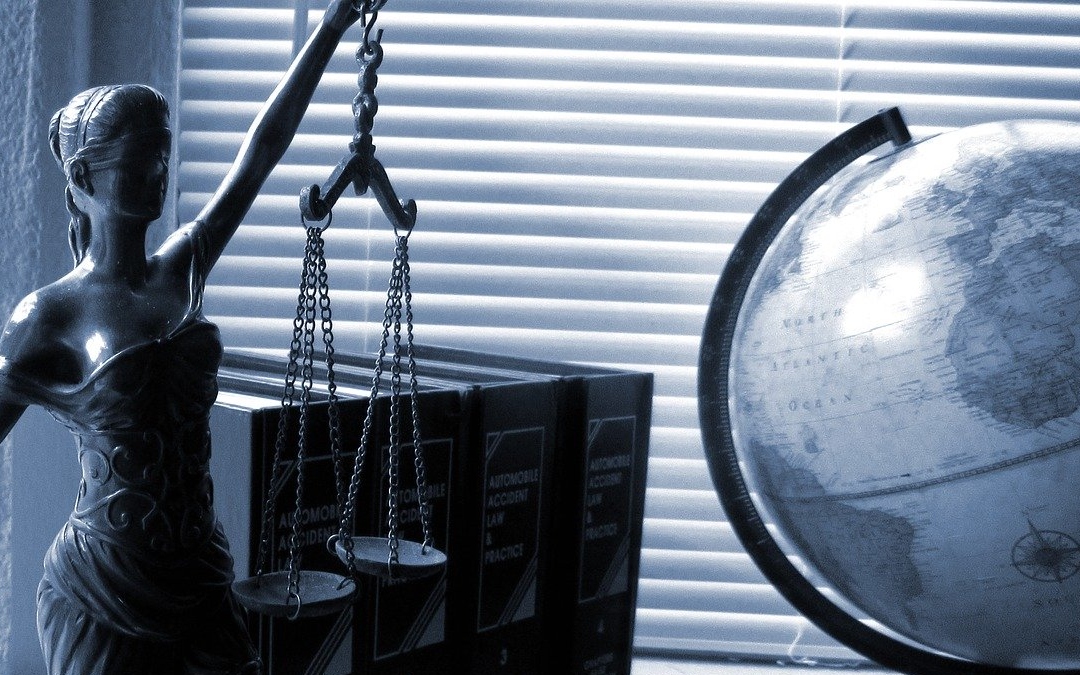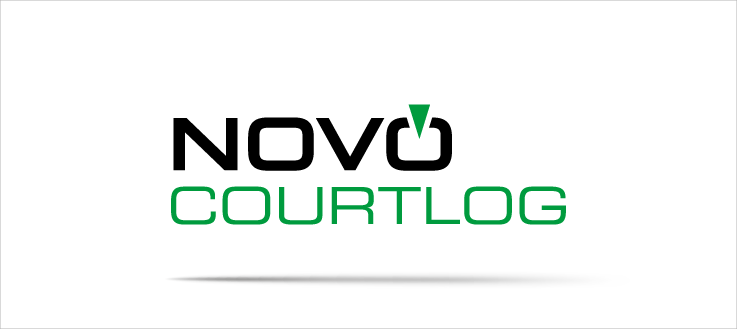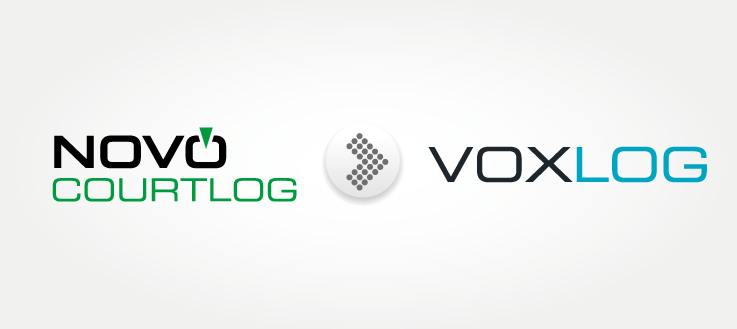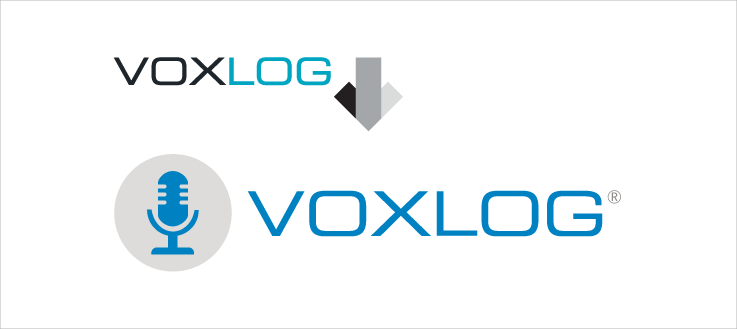Technology is everywhere in most areas of our lives. For some, technology has become a kind of extension of themselves. The world of work is not immune to all these transformations either; professionals simply have to integrate technology into their daily tasks.
Change is accompanied by resistance. But they are taking place anyway, even in the most conservative environments. The legal field is no exception to the rule: technology transforms the legal universe. In fact, it is an area where a lot of change is expected over the next few years.
Lawyers: Conservative?
Since the legal field is very conservative, it is more difficult to adopt new technological tools. As Nicole Black explains in the American Bar Association Journal :
” While many industries have abandoned faxes, lawyers are nevertheless sometimes required to send or receive a fax, wether by courts, other governmental offices, insurance companies or even other lawyers. “
Benoît Trémolet confirms this information in his article:
“The fax remains the best means of communication to combine efficiency and legal enforceability. ” *
Moreover, bailiffs are often called upon to assist in the delivery of legal documents because sending a document by e-mail may not be admissible evidence in court.
Indeed, according to the Guide relatif à la gestion des documents technologiques from the Fondation du Barreau de Québec, e-mails that do not have special protection present certain disadvantages:
1. ” there is no assurance that it is really the holder of the e-mail address that sent it (identity of the sender);
2. there is no assurance that it is the recipient who received it (identity of the recipient);
3. it is easy to change the content of an e-mail (integrity of the document);
4. it is sometimes difficult to ensure that the document has not been consulted by an unauthorized person (confidentiality of the document);
5. it is easy for the sender to later claim never to have sent such a document (irrevocability of the author). ” *
Changing the practice
Of course, technology has taken hold in law offices. However, its integration seems to be mainly in the administrative aspects rather than in the practice of law itself. Indeed, online searches are now the norm, agenda management is computerized and the production of certain documents is automated. So technology transforms timidly the legal universe.
The practice of law must in its turn make a technological shift through the integration of specialized and adapted technological tools. Audio recording is a good starting point.
For example, lawyers conducting examinations for discovery could first make an audio recording. This practice saves time and money, while providing protection in the event of disagreement or litigation. Audio recording also makes it easy to enter into verbal contracts.
Audio recording: is it admissible in court?
The recording of a conversation may be admissible in court if the following conditions are met:
- The technology used to make the recording must be reliable;
- It must be possible to prove the authenticity of the recording in a way other than through technology;
- The recorded statements must be clear and intelligible, and it must be possible to identify the speaker.
It goes without saying that each situation is unique. Thus, it is not because a recording meets these three conditions that it will automatically be accepted.
Voxlog Pro: the solution
Voxlog Pro provides you with reliable technology for your recordings. The Professional version supports lawyers in their daily practice and provides them with the technology to use transcription services when really needed. Voxlog Pro also allows lawyers to own all their recordings. This means that they can access them easily and, most importantly, quickly.
Installed in more than 1,000 courtrooms across the country, the Voxlog suite meets the highest quality standards. It is the largest courtroom recording system in Canada.
* free translation of french documentation
[irp]



